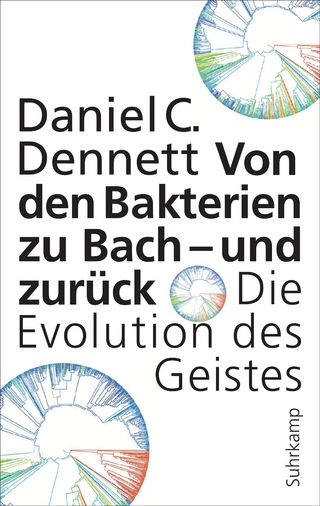
Hume's Reason
Seiten
2002
Oxford University Press (Verlag)
978-0-19-925260-2 (ISBN)
Oxford University Press (Verlag)
978-0-19-925260-2 (ISBN)
David Owen explores Hume's account of reason and its role in human understanding, seen in the context of other notable accounts by philosophers of the early modern period. Owen offers new interpretations of many of Hume's most famous arguments, about demonstration and the relation of ideas, induction, belief, and scepticism.
David Owen explores Hume's account of reason and its role in human understanding, seen in the context of other notable accounts by philosophers of the early modern period. Many of the most famous problems that Hume discusses, and many of the positions that he advocates, are expressed in terms of reason. It is central to his arguments about induction, belief, scepticism, the passions, and moral distinctions; to understand Hume's influential views on these matters, we must understand what his view of reason is.
The book begins with chapters on the theories of reasoning put forward by Hume's notable predecessors Descartes and Locke. Owen shows that Hume followed them in rejecting a formal, deductive account of inference, in favour of a new naturalistic account. But he went farther, in what we now call the argument concerning induction, by showing that no account of reason as a separate faculty could explain our inferences to beliefs in the unobserved. Hume offers instead an associationist account of probable reasoning and a new theory of belief. The picture of reason as an independent faculty is replaced with an explanation of reasoning in terms of properties of the imagination.
Hume's Reason offers a new interpretation of some of Hume's central ideas, and a treatment of reason which will be illuminating not just to historians of modern philosophy but to all philosophers who are concerned with the workings of human cognition.
David Owen explores Hume's account of reason and its role in human understanding, seen in the context of other notable accounts by philosophers of the early modern period. Many of the most famous problems that Hume discusses, and many of the positions that he advocates, are expressed in terms of reason. It is central to his arguments about induction, belief, scepticism, the passions, and moral distinctions; to understand Hume's influential views on these matters, we must understand what his view of reason is.
The book begins with chapters on the theories of reasoning put forward by Hume's notable predecessors Descartes and Locke. Owen shows that Hume followed them in rejecting a formal, deductive account of inference, in favour of a new naturalistic account. But he went farther, in what we now call the argument concerning induction, by showing that no account of reason as a separate faculty could explain our inferences to beliefs in the unobserved. Hume offers instead an associationist account of probable reasoning and a new theory of belief. The picture of reason as an independent faculty is replaced with an explanation of reasoning in terms of properties of the imagination.
Hume's Reason offers a new interpretation of some of Hume's central ideas, and a treatment of reason which will be illuminating not just to historians of modern philosophy but to all philosophers who are concerned with the workings of human cognition.
David Owen is Associate Professor of Philosophy at the University of Arizona. He taught previously at Oxford and Columbia Universities.
1. Introduction ; 2. Descartes's New Theory of Reasoning ; 3. Locke on Reasoning ; 4. Hume and Ideas: Relations and Associations ; 5. Intuition, Certainty, and Demonstrative Reasoning ; 6. Probable Reasoning: The Negative Argument ; 7. Belief and the Development of Hume's Account of Probable Reasoning ; 8. Reason, Belief, and Scepticism ; 9. The Limits and Warrant of Reason ; References, Index
| Erscheint lt. Verlag | 1.5.2002 |
|---|---|
| Verlagsort | Oxford |
| Sprache | englisch |
| Maße | 138 x 216 mm |
| Gewicht | 317 g |
| Themenwelt | Geisteswissenschaften ► Philosophie ► Erkenntnistheorie / Wissenschaftstheorie |
| Geisteswissenschaften ► Philosophie ► Logik | |
| Geisteswissenschaften ► Philosophie ► Philosophie der Neuzeit | |
| ISBN-10 | 0-19-925260-2 / 0199252602 |
| ISBN-13 | 978-0-19-925260-2 / 9780199252602 |
| Zustand | Neuware |
| Informationen gemäß Produktsicherheitsverordnung (GPSR) | |
| Haben Sie eine Frage zum Produkt? |
Mehr entdecken
aus dem Bereich
aus dem Bereich
die Grundlegung der modernen Philosophie
Buch | Softcover (2023)
C.H.Beck (Verlag)
CHF 25,20
Buch | Softcover (2023)
Reclam, Philipp (Verlag)
CHF 9,80
die Evolution des Geistes
Buch | Softcover (2025)
Suhrkamp (Verlag)
CHF 41,95

![Was heißt Denken?. Vorlesung Wintersemester 1951/52. [Was bedeutet das alles?] - Martin Heidegger](/media/113619842)
